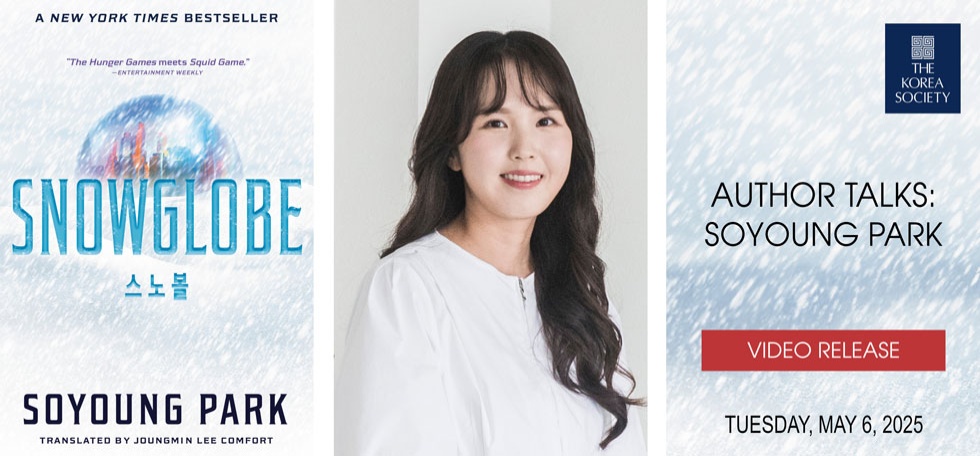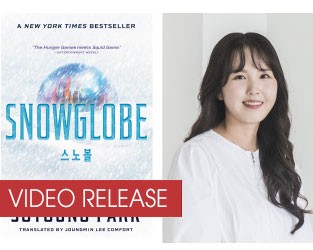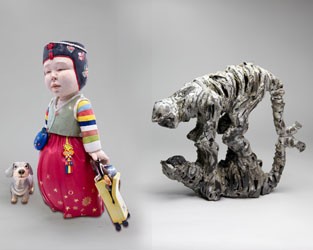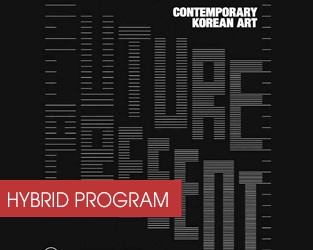![]()

Exhibition
September 7 - October 28, 2005
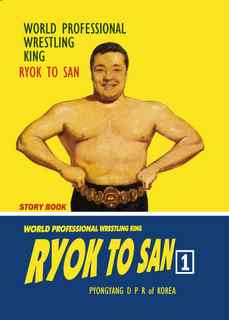 This exhibition examined the changing social realities of Korean society from the 1950s to the 1990s through a selected reading of Korea's most popular comic books. Featuring the works of 17 of the best-known artists, the exhibition offered a running commentary that reflected the lives of ordinary people—at once joyful, satirical and penetrating. What shines through these works most prominently is an engaged and vigorous civil society in Korea, continuously challenging and energizing the status quo in whimsical and provocative ways. By so doing, they play an important role in characterizing and distinguishing the culture, sensibility and sentiment of modern Korea.
This exhibition examined the changing social realities of Korean society from the 1950s to the 1990s through a selected reading of Korea's most popular comic books. Featuring the works of 17 of the best-known artists, the exhibition offered a running commentary that reflected the lives of ordinary people—at once joyful, satirical and penetrating. What shines through these works most prominently is an engaged and vigorous civil society in Korea, continuously challenging and energizing the status quo in whimsical and provocative ways. By so doing, they play an important role in characterizing and distinguishing the culture, sensibility and sentiment of modern Korea.
Comics were first popularized in Korea in serialized newspaper strips during the 1960s, when the works of Kim Seong Hwan and others entered the idiom of everyday life. In doing so, they helped shape popular culture during the military dictatorship of former president Park Chung Hee (1961-1979). Later, Park Jae Dong produced serials in the liberal paper, Hankyoreh, under former presidents Chun Doo Hwan (1980-1988) and Roh Tae Woo (1988-1993). In contrast to the oppressive political atmosphere, the comic genre Myongnang Manhwa ("Cheerful Comics") gave expression to a new popular culture in a rapidly transforming society. The humor and exuberance it expressed contrasted sharply with the pervading sense of social repression, stemming from censorship of the media and tight government control of most aspects of society. Slicing through the heavy atmosphere, Myongnang Manhwa provided not only a welcome relief but also penetrating social and political commentary. Cartoonists such as Kil Chang Dok, Kim Su Jung, Kim Won Bin, Park Ki Jeong, Park Su Dong, Shin Mun Su, and Yoon Sweng Un described common and seemingly banal episodes in everyday life while masterfully engaging the public with biting and witty commentary. At the time, a given comic's popularity was a gauge of South Korea's national pulse. The storylines of comics were sometimes built around historical content. Kim Yong Hwan, Ko Wu Young, and Lee Du Ho all popularized the history of ancient Korea, making it accessible to a wide range of audiences, both young and old. The rapid growth in popularity of historically based comics after the Korean War provides important clues as to the development of people's identities vis-a-vis the emerging Korean state. Other cartoon artists in the exhibition drew comics that dealt with various contemporary social and cultural themes during the 1970s and 1980s. Heo Young Man, Kim Hyung Bae, Lee Hyun Se, Oh Se Young, and Park Bong Seong delved into topics ranging from Korea's economic growth during the '70s, to the resulting urban and rural divide, to the Vietnam War. Through these works, it is possible to see the decades-long social evolution of Korea in small frames.
The masterful drawing and writing of the featured artists provide a running commentary, at once joyful, satirical, penetrating, and reflect the lives of ordinary people. There were two related events held in conjunction with this exhibition. The first was an opening reception on September 7, 2005 that featured a lecture entitled “Life and Comix: 1960s Korea” by Heinz Insu Fenkl, director of the creative writing program and Interstitial Studies Institute at SUNY New Paltz. The second event was a screening of Empress Chung, a path-breaking Korean animation feature based on a classic Korean folktale, which was presented at The French Institute on September 21, 2005.

